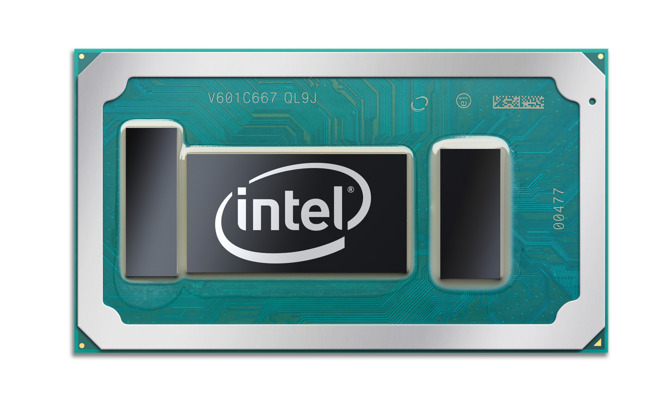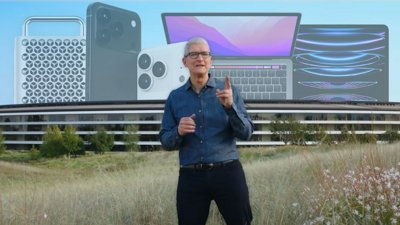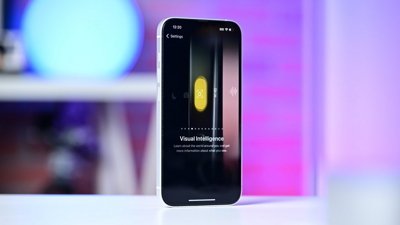Supply chain sources suggest that the Intel Cannon Lake processor needed to drive 32GB of RAM in a MacBook Pro without the need of a dedicated memory controller has slipped to the end of 2018, likely pushing any MacBook Pro with the configuration that far away as well.
Citing "sources from the upstream supply chain," supply chain monitor DigiTimes notes that Intel appears to have pushed back Cannon Lake from early 2018 to the end of the year. Reportedly, some unnamed vendors are considering skipping Cannon Lake in anticipation of Ice Lake, which is currently scheduled to arrive shortly after Cannon Lake's new arrival date — but why Ice Lake wouldn't be similarly pushed back isn't clear.
Cannon Lake will be the first generation of Intel chips produced using a 10-nanometer process, a die shrink that aims to provide performance improvements compared to previous generations, as well as a reduction in power consumption. This makes the processor more attractive for producers of battery-powered, where power consumption is a major concern.
Cannon Lake processors include support for LPDDR4 memory, something which could allow for the creation of a MacBook Pro with up to 32 gigabytes of memory without a RAM controller. The MacBook Pro is unlikely to see a change to 32GB of RAM in the short term, as Apple is not expected to equip a MacBook Pro with a new RAM controller allowing for 32GB of more power-hungry DDR4 support.
Compounding the problem, the expected 14nm process Kaby Lake refresh said to be called "Coffee Lake" doesn't support LPDDR4 — which would allow for 32GB of RAM without a new RAM controller. Coffee Lake processors for desktops are expected to arrive in October.
In April, the Cannon Lake family was pushed back into 2018. DigiTimes was the first to report on those timing slips, which proved to be accurate.
DigiTimes is generally accurate when tracking a component through the supply chain, such as these Cannon Lake rumors. However, the venue has an unreliable track record in predicting Apple's future product plans.
The current 14nm Kaby Lake was chosen for the 2017 refresh of the MacBook Pro. Compared to the Skylake processor in the 2016 MacBook Pro, Kaby Lake saw a slight processing power increase, but larger improvements to the onboard GPU and power efficiency.
 Mike Wuerthele
Mike Wuerthele




-xl-(1)-xl-xl-m.jpg)


-m.jpg)






 Amber Neely
Amber Neely
 William Gallagher
William Gallagher

 Sponsored Content
Sponsored Content

 Malcolm Owen
Malcolm Owen









45 Comments
Apple just needs to use Zen+ (Zen 2) now that Thunderbolt is opened up.
My 2013 Mac Pro (trash can) just died. My main work computer. I have no idea what to replace it with. I am just staring at the Apple website in complete amazement.
And that is why Apple is going full scale on its ARM chips. It's not the first time Intel delayed... it's a repeated pattern and Apple's done. When IBM failed to deliver PowerPC as promised, Apple switched to Intel.